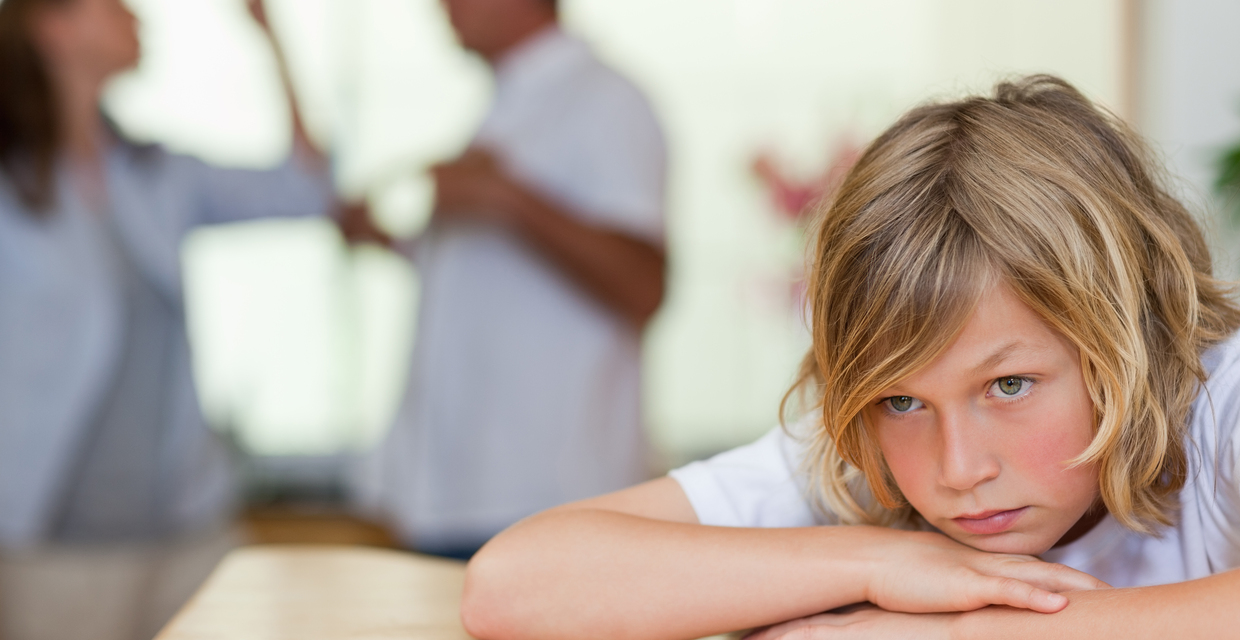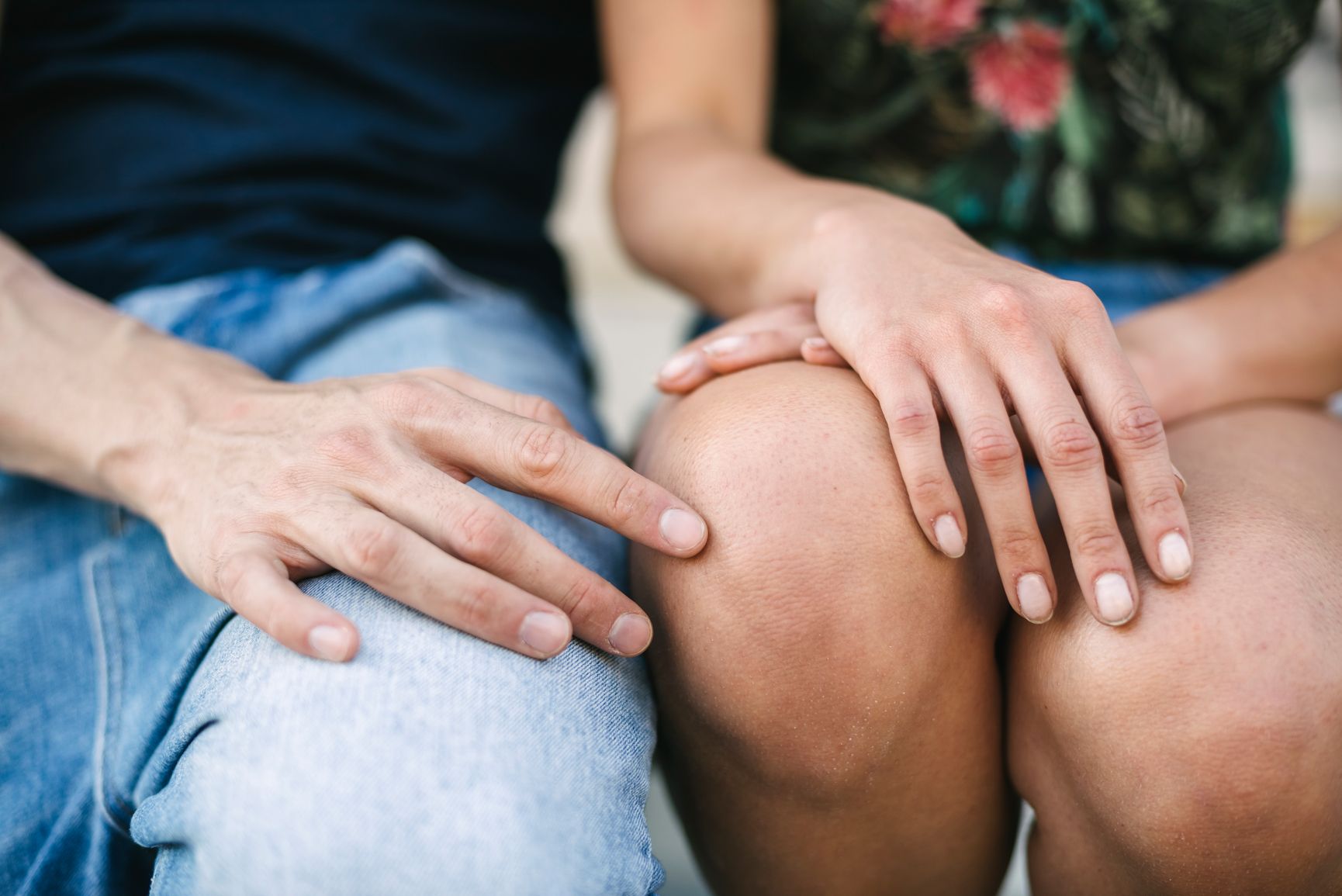Domestic violence is a form of trauma, so when children have
to live with it, it is a trauma that sticks with them for the rest of their
lives.

Did you know that NICRO is a non-profit organisation committed to turning lives around? NICRO has a range of programmes that can help children who are affected by violence and are in need of help... click here to find out more, or do your part and donate today!
The effects of domestic violence change parts of their
lives, like health, development and wellbeing. But how do we know if children
are affected?
- They see violence against their mother / father / carer
- They hear violence happening in another room and feel the need to run or hide
- They have to be careful around the abuser to avoid angry outbursts
- They have to comfort siblings / carers who have been the victim of domestic violence
- They are victimised for taking sides
- They are encouraged to join in and participate in verbal abuse
- They are not cared for properly as their carer is not able to or their mental health does not allow them too
- They are abused too
- They are traumatised and scared of the attacker, even more so by the fact that they have to make contact with them frequently
- They hear violence happening in another room and feel the need to run or hide
- They have to be careful around the abuser to avoid angry outbursts
- They have to comfort siblings / carers who have been the victim of domestic violence
- They are victimised for taking sides
- They are encouraged to join in and participate in verbal abuse
- They are not cared for properly as their carer is not able to or their mental health does not allow them too
- They are abused too
- They are traumatised and scared of the attacker, even more so by the fact that they have to make contact with them frequently

Domestic violence can affect children in a number of
different ways, here’s how it can affect them...
Development:
Because of the constant violence, a child’s development is affected. They may
start to act out and even start acting immature, this is often caused by their
desire to be at a stage in their lives where they felt safe.
Behaviour: A
child affected by domestic violence will act out, show aggression, and become
hostile towards people. Just because children show these behaviours does not mean
they have a disorder, it means they have been severely traumatised. Drug and
alcohol abuse can also become a problem.
Relationships:
Children may not spend a lot of time at home, and try find another secure place
to be as their home feels unsafe. They will also struggle with being close to people
and will push them away.
Emotions:
Violence can affect children emotionally and physically. They will feel
stressed out, worried, angry, sad, scared and anxious most of the time.
Health: Sickness
can be attached to domestic violence. Headaches and stomach aches may become an
everyday thing because of the constant yelling and feelings of stress and anxiety.
Sleep disturbances, like nightmares and bedwetting can also come up.

Understanding that domestic violence causes trauma in a
young child’s life is the first step to understanding and helping the children
affected.


.jpg/300px-Andrea_Dondolo_-_Activists_for_change_(8550822157).jpg)

